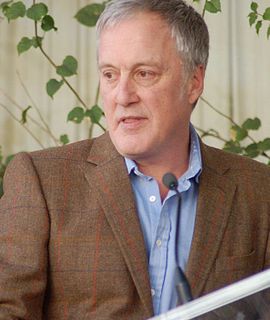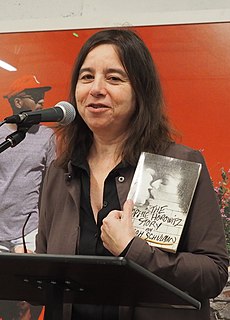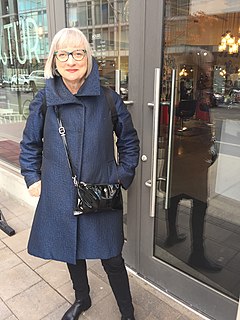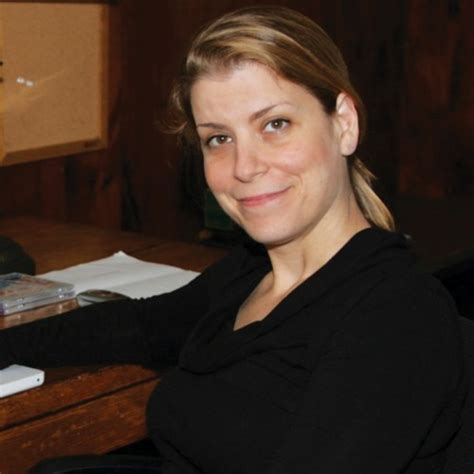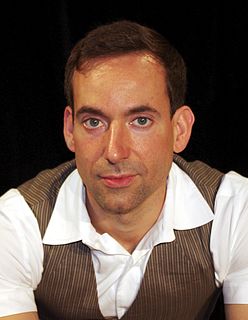A Quote by Juliana Spahr
Genre/forms are institutional questions mainly. Like matter to MFA programs in terms of which workshop you can teach.
Related Quotes
My god, people are selling their work and people are reading it! The horror! That MFA programs have to advertise that they'll let you write YA or fantasy or what-have-you is just absurd, but we do, because the presumption is that they're closed to that sort of thing. You're offering an MFA in creative writing? Teach people how to write well, worry about that part, let the writers come up with the stories.
They [academy writing programs] have no concept that the world has changed, that publishing has changed, that filmmaking has changed, and if you're not constantly looking at your education model and adjusting for the change, you'll find yourself teaching antiquity. Like all of these programs that won't accept students who are writing genre fiction - what an institutional ego!
When I have a writing workshop, I like to have people that are anthropologists and people who are poking around in other fields, I like to have them all in the same workshop, and not worry about genre. I like to mix it up, because the kind of comments you can get from a fiction writer about your poetry are going to be very different than what you'll get from a poet. Or the comments you'll get from a filmmaker about your performance are going to be very different. My writing workshop is about mixing it up, cross-pollinating, not only in genres but in occupations.
The cool thing about Watchmen is it has this really complicated question that it asks, which is: who polices the police or who governs the government? Who does God pray to? Those are pretty deep questions but also pretty fun questions. Kind of exciting. It tries to subvert the superhero genre by giving you these big questions, moral questions. Why do you think you're on a fun ride? Suddenly you're like how am I supposed to feel about that?
What an invaluable handbook! Lori A. May has done her research, knows her stuff, and, whats best, lets the programs speak for themselves through her extensive interviews. Theres a chorus of quotes from faculty, students, and graduates in The Low-Residency MFA Handbook. Anyone making the decision to apply for an MFA should consult this wise guide. Mays clarity and authority make it a gold standard.
Edward Said talks about Orientalism in very negative terms because it reflects the prejudices of the west towards the exotic east. But I was also having fun thinking of Orientalism as a genre like Cowboys and Indians is a genre – they’re not an accurate representation of the American west, they’re like a fairy tale genre.








